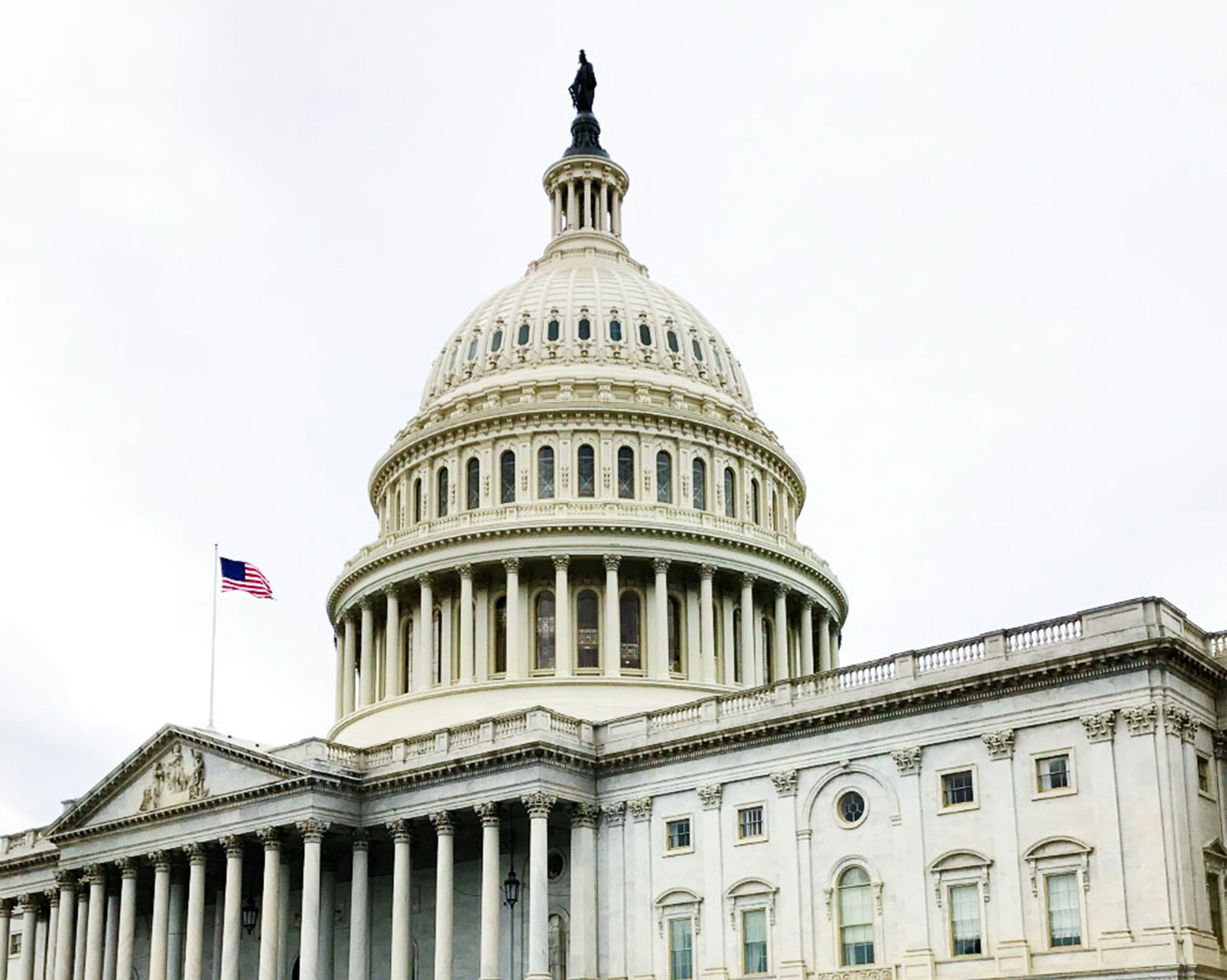
What Do Your Supervisors Know About Unions?
- Breaking News
Only 6% of the private sector workforce are union members. Yet, the public perception is that there is a tsunami of support for unions. When I meet with managers and supervisors to discuss unionization—how it occurs and their rights to talk about unions and remaining union-free—one question I ask early is their experience with unions. This experience includes whether they or a family member worked for a unionized employer. Few participants have a personal experience with unions, which is not surprising considering the 6% number. If few managers/supervisors have personal experience, it’s likely to be a similar result among those they supervise.
Training about union avoidance includes the message to avoid TIPS—threaten, interrogate, promise, spy—and how the unionization process works. However, my preferred approach before discussing the details about TIPS, how organizing occurs and their rights to talk about unions, is to explain how unions work and discuss the business case for remaining union-free. This approach includes reviewing a union constitution—a form of government over the employee—and union financial records—how much are union officers/employees paid and where does the money goes. Also include facts about union political contributions—how much unions give and to which parties. Provide managers/supervisors with facts—and include the link to the source—so if they discuss unions with employees, they have knowledge to support their opinions. As the late Senator Daniel Patrick Moynihan said, people are entitled to their own opinions, but they are not entitled to their own facts. Managers/supervisors who know facts about unions will be more credible when sharing their opinions.
The August 25, 2023, NLRB Cemex decision and subsequent guidance from NLRB General Counsel Jennifer Abruzzo needs to be reviewed in “non-legalese” with managers and supervisors. If the union claims to a company representative that the union has majority support of the workforce and thus requests that the employer recognize the union as the employees’ bargaining representative, the employer—not the union—must file a petition for an election within two weeks of the recognition request if the employer wants a secret ballot election. If the employer takes the risk of doing nothing, the union may claim that the employer refused to bargain, resulting in a bargaining order from the NLRB and undoing changes the employer made to wages, hours or working conditions since the date the union requested recognition. When explaining the process to managers/supervisors, stress what they should do if a union claims it has majority support and requests recognition—immediately contact senior leadership and counsel.
If you need any assistance or have any questions, we at Lehr Middlebrooks Vreeland & Thompson, P.C. are happy to help. Please contact Richard Lehr at 205-323-9260 or rlehr@lehrmiddlebrooks.com





